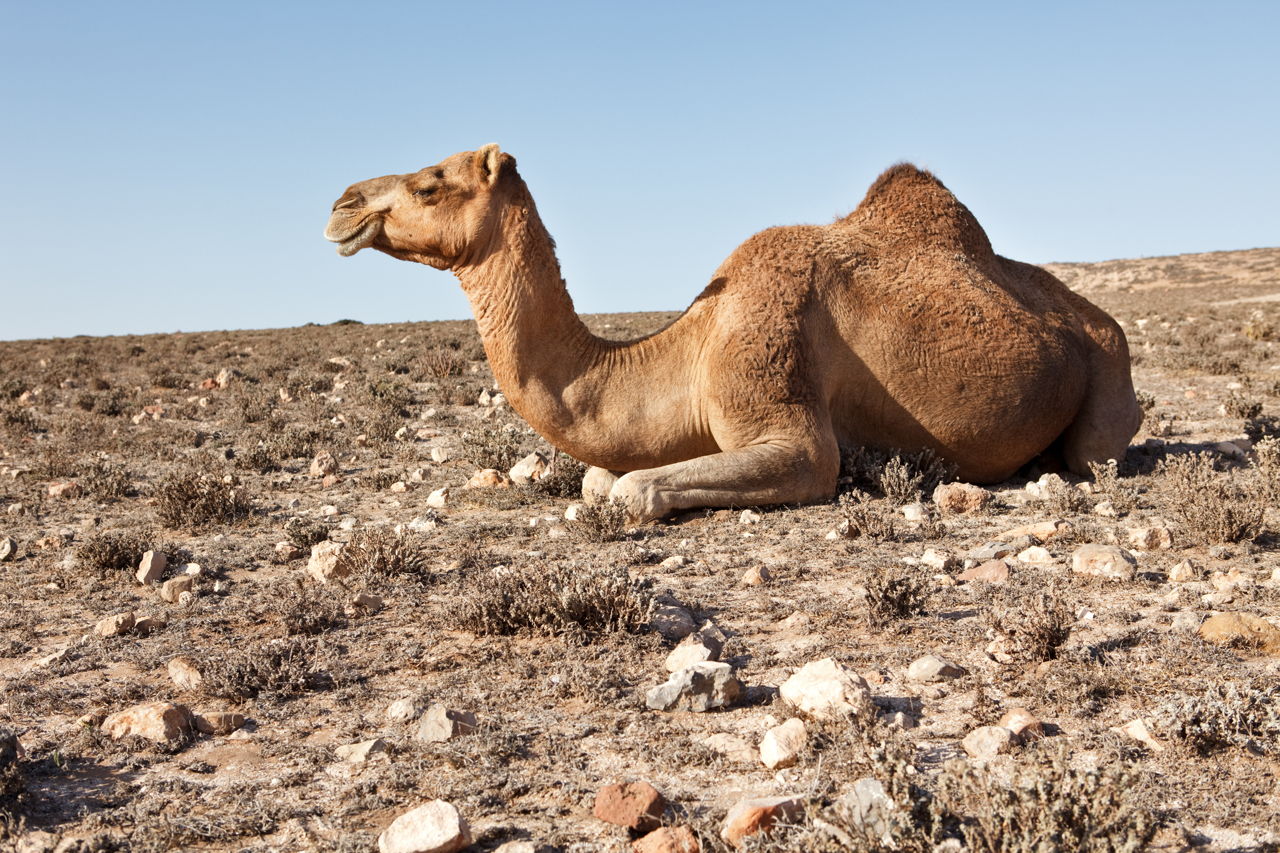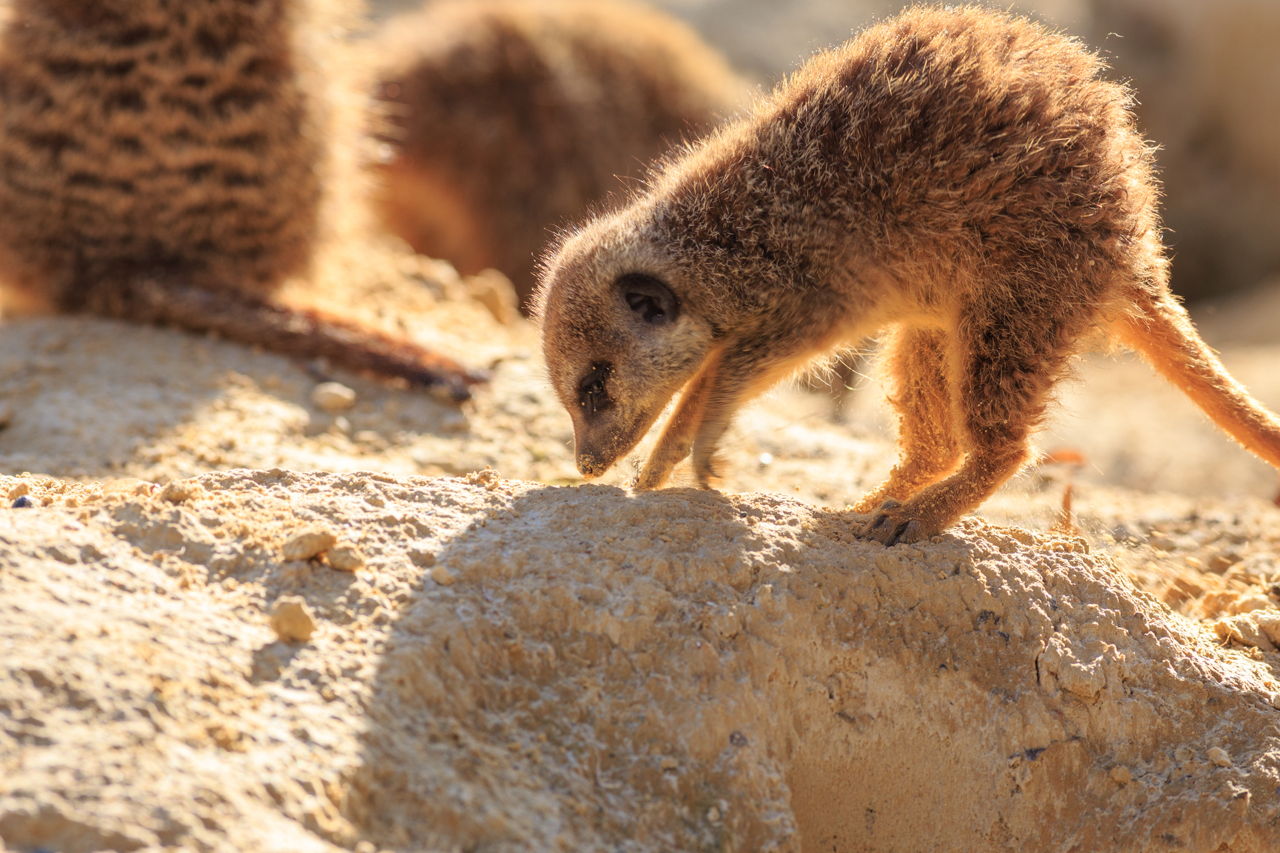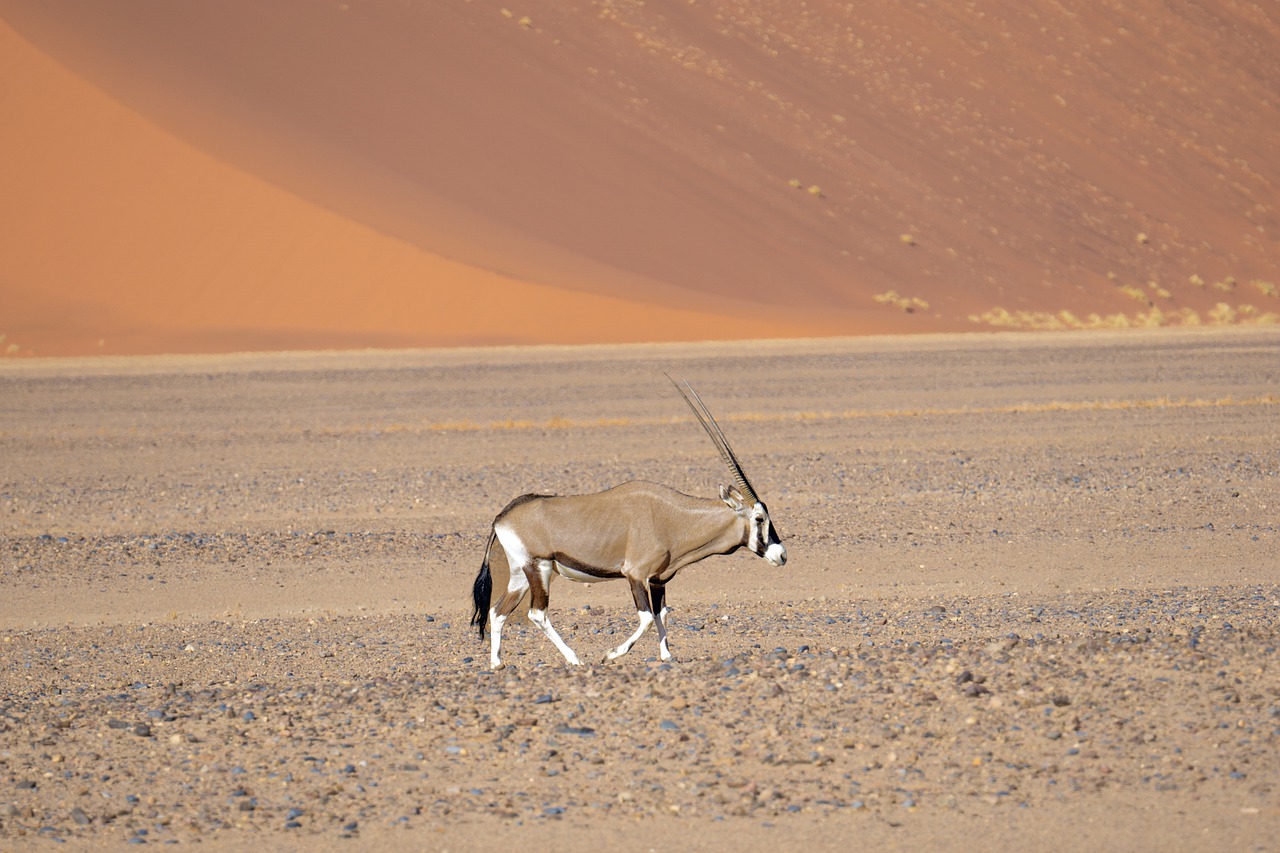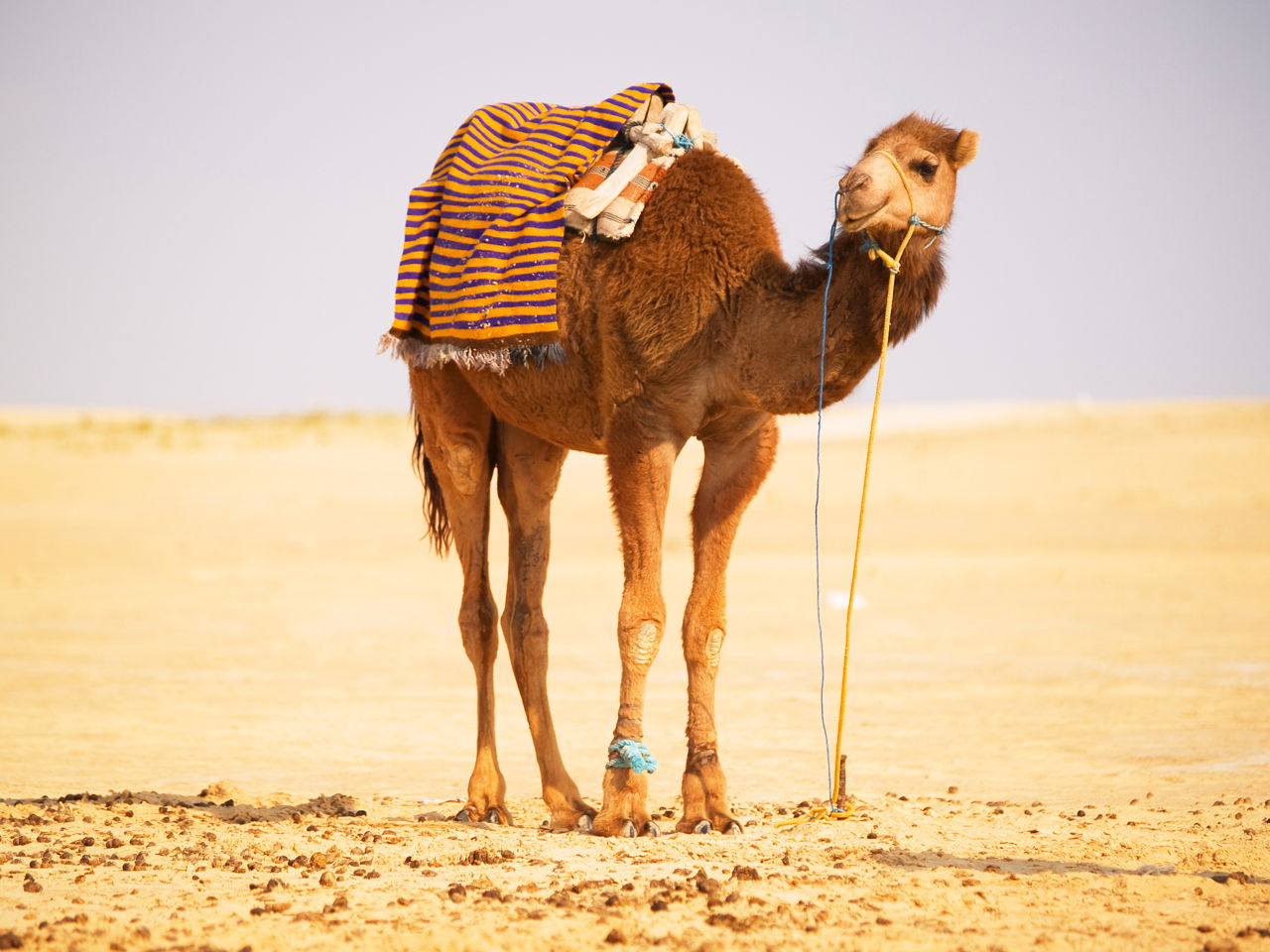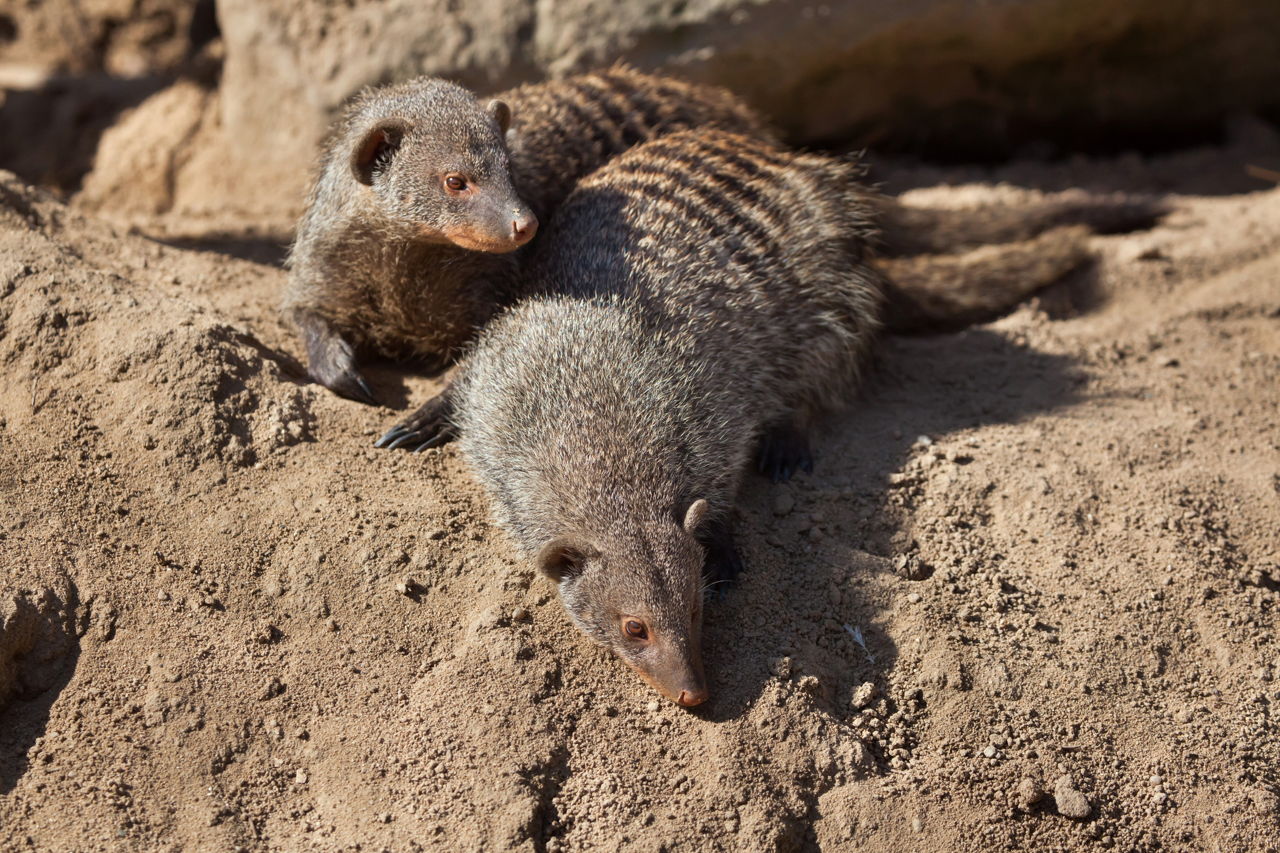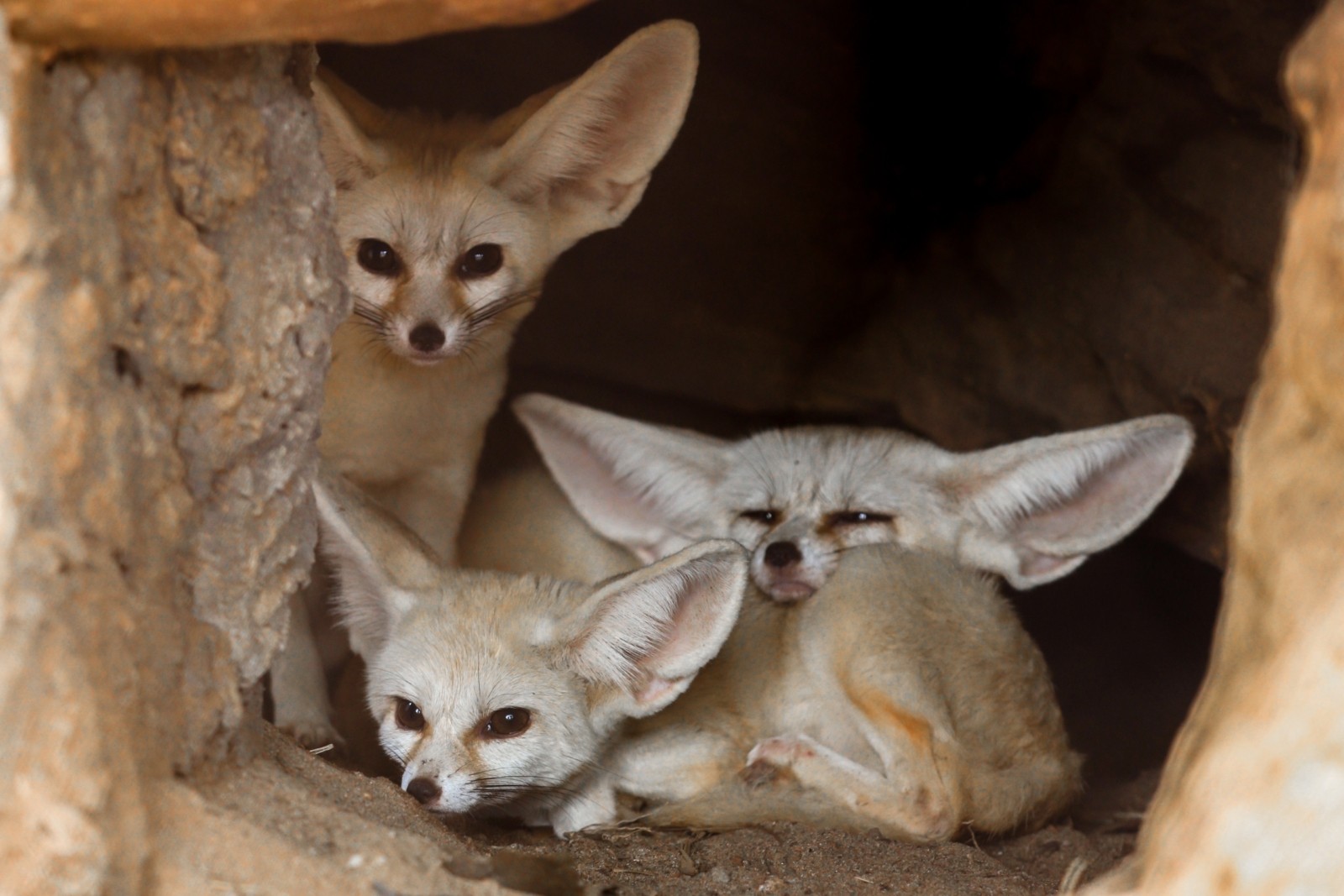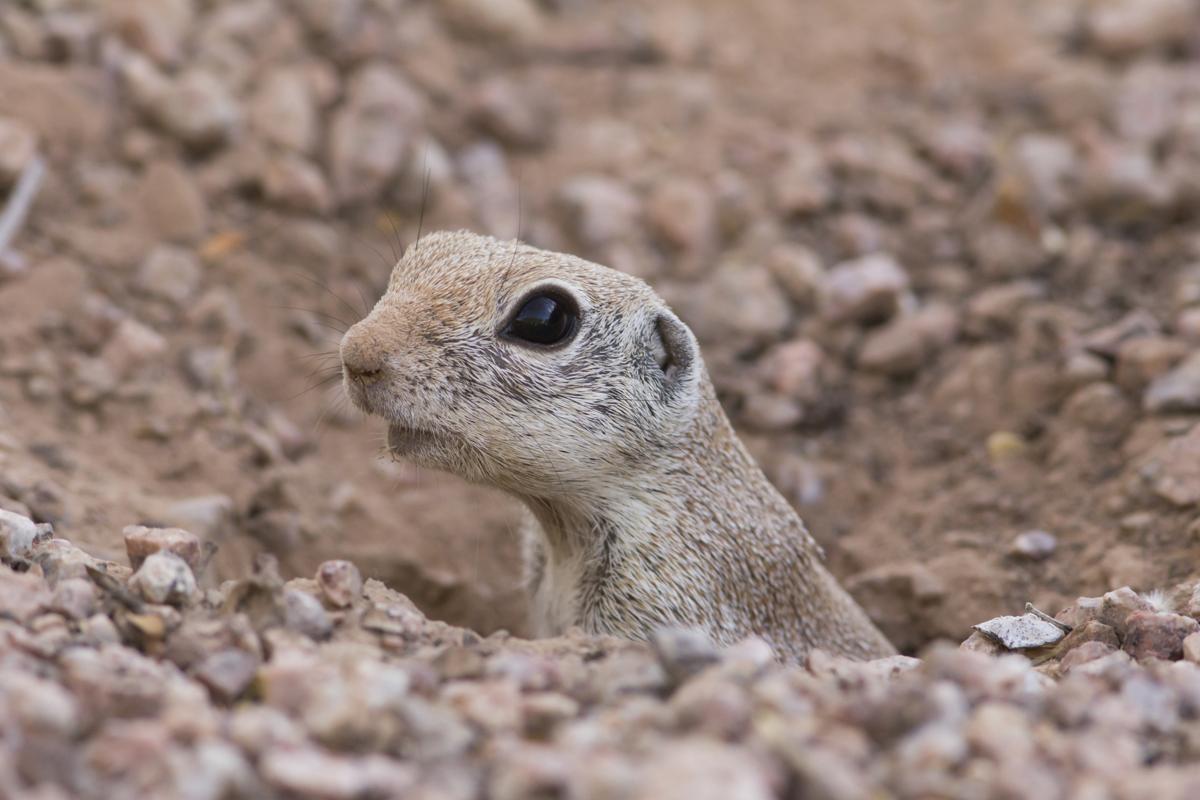Desert Animals Adaptations To Conserve Water

Water is used up in the coolingprocess and can quickly dehydrate even the most water retentive animal so most desert animals have adapted their behavior to avoid getting too hot.
Desert animals adaptations to conserve water. Do desert animals maintain water balance and body hydration level by conserving water better decreasing output as compared with non-desert species or by getting more water each day increasing. A food chain is a way of showing how living organisms get their energy from each other. Nocturnal animals avoid activity during the.
To do this they squeeze out every drop available to them and recycle it in their bodies. This is made possible due to the physiology of the kidney. To conserve water they avoid evaporation and concentrate excretions ie.
One of the biggest water retention adaptations desert animals have is simply to avoid the sun and extreme heat. Other common adaptations seen in desert animals include big ears light-colored coats humps to store fat and adaptations that help conserve water. Another example of desert animals that show some classic adaptations are the kangaroo rat seen in the North American.
Plant and animal bodies are made up of a number of complex biological processes which take place within a. Which animal is a classic example of adaptation to the desert conditions. The main challenges xerocoles must overcome are lack of water and excessive heat.
Adaptations help desert animals to acquire and retain water and to regulate body temperatures which helps them to survive in the harsh conditions of the desert. Succulent plants seeds or the blood and body tissues of their prey. The kangaroo rat which lives in the desert of southeastern Arizona is so good at conserving water that it doesnt have to drink at all.
The kangaroo rat is known for its ability to conserve water in the dehydrating conditions of its dessert environment. Thus adaptations of desert animals are actually the adjustments to protect themselves against high temperatures to live without water and to conserve water as far as possible. Other mammals conserve water by using it as efficiently as possible.

